Introduction
Cottage food laws vary significantly across the United States, and understanding your state’s specific requirements is crucial for home-based food entrepreneurs. While some states allow flexibility, others enforce strict pet-free kitchen rules to protect consumers. In total, six states have regulations that mandate a completely pet-free environment during food preparation: North Carolina, Minnesota, California, North Dakota, Oregon, and Virginia.
These laws are designed to maintain food safety and hygiene, ensuring that products prepared in home kitchens remain free from contamination.
States with Pet-Free Cottage Food Regulations
North Carolina
In North Carolina, no pets are allowed in the home at any time during food preparation. In addition, food contact surfaces must be smooth, easily cleanable, and meet rigorous safety standards.
Minnesota
Minnesota also requires a strict pet-free environment. The state emphasizes hygiene and cleanliness as top priorities for cottage food businesses.
California
California’s cottage food laws extend further, stating that pets must not be present in the kitchen or any food storage areas during preparation and storage.
North Dakota
North Dakota enforces similar restrictions, requiring that all cottage food operations take place in kitchens completely free from pet contamination.
Oregon
In Oregon, pets are not allowed in kitchens during food preparation, and in some cases, producers may need to include disclosure labeling that pets live in the home.
Virginia
Virginia’s cottage food laws clearly state that pets cannot be present in the kitchen or food storage areas during preparation or storage.
What About Other States?
Not every state enforces a total pet ban. For example, Georgia does not explicitly prohibit pets in the home, but it places a strong emphasis on strict hygiene practices. Even in states without explicit bans, business owners must take steps to prevent contamination and follow best practices in food safety.
Why Pet-Free Cottage Food Laws Exist
These regulations are rooted in public health concerns. Pets can introduce allergens, bacteria, and other contaminants into food. By requiring pet-free kitchens, states ensure that home-based food businesses maintain the same safety standards expected of commercial operations.
Tips for Cottage Food Entrepreneurs
- Know Your State’s Laws
Regulations differ widely. Always check with your state’s department of health or agriculture before starting. - Create a Pet-Free Zone
If pets are part of your household, ensure they are fully excluded from the kitchen and storage areas during food preparation. - Focus on Hygiene
Keep surfaces sanitized, use food-safe containers, and maintain a spotless work environment. - Use Clear Labeling if Required
In states like Oregon, labeling that discloses pet presence in the home may be necessary. - Build Trust with Customers
Demonstrating compliance with pet-free laws reassures buyers that your products are safe and high-quality.
Conclusion
Understanding cottage food laws by state is essential for anyone running or starting a home-based food business. If you live in a state with pet-free kitchen rules—such as North Carolina, Minnesota, California, North Dakota, Oregon, or Virginia—compliance is not optional. By following these laws and maintaining strict hygiene, you’ll not only protect your customers but also build a reputation as a trustworthy and professional food entrepreneur.
Adhering to pet-free cottage food regulations ensures your products are safe, your business is compliant, and your customers can enjoy your goods with confidence.
requently Asked Questions About Pets and Cottage Food Laws
Frequently Asked Questions
Can I have pets if I run a cottage food business?
Yes, but it depends on your state. Some states, like North Carolina, Minnesota, California, North Dakota, Oregon, and Virginia, require a pet-free kitchen environment during food preparation. In these states, pets must never enter the kitchen (and in some cases, even the home) during food production.
Which states ban pets in cottage food kitchens?
Currently, North Carolina, Minnesota, California, North Dakota, Oregon, and Virginia have strict rules requiring pet-free kitchens for cottage food businesses.
Do I need to label my products if I have pets?
In some states, yes. For example, Oregon requires labeling that discloses pets live in the home, even if they’re kept out of the kitchen during food preparation. Always check your state’s regulations for specific labeling rules.
What happens if I don’t follow pet-free kitchen laws?
Failing to comply with state cottage food regulations could lead to fines, closure of your business, or loss of your cottage food license. Compliance not only avoids penalties but also builds customer trust.
What if my state doesn’t ban pets?
Even if your state does not explicitly ban pets, you should still follow strict hygiene practices to prevent contamination. This includes keeping pets out of the kitchen during preparation, sanitizing surfaces, and safely storing ingredients and finished products.
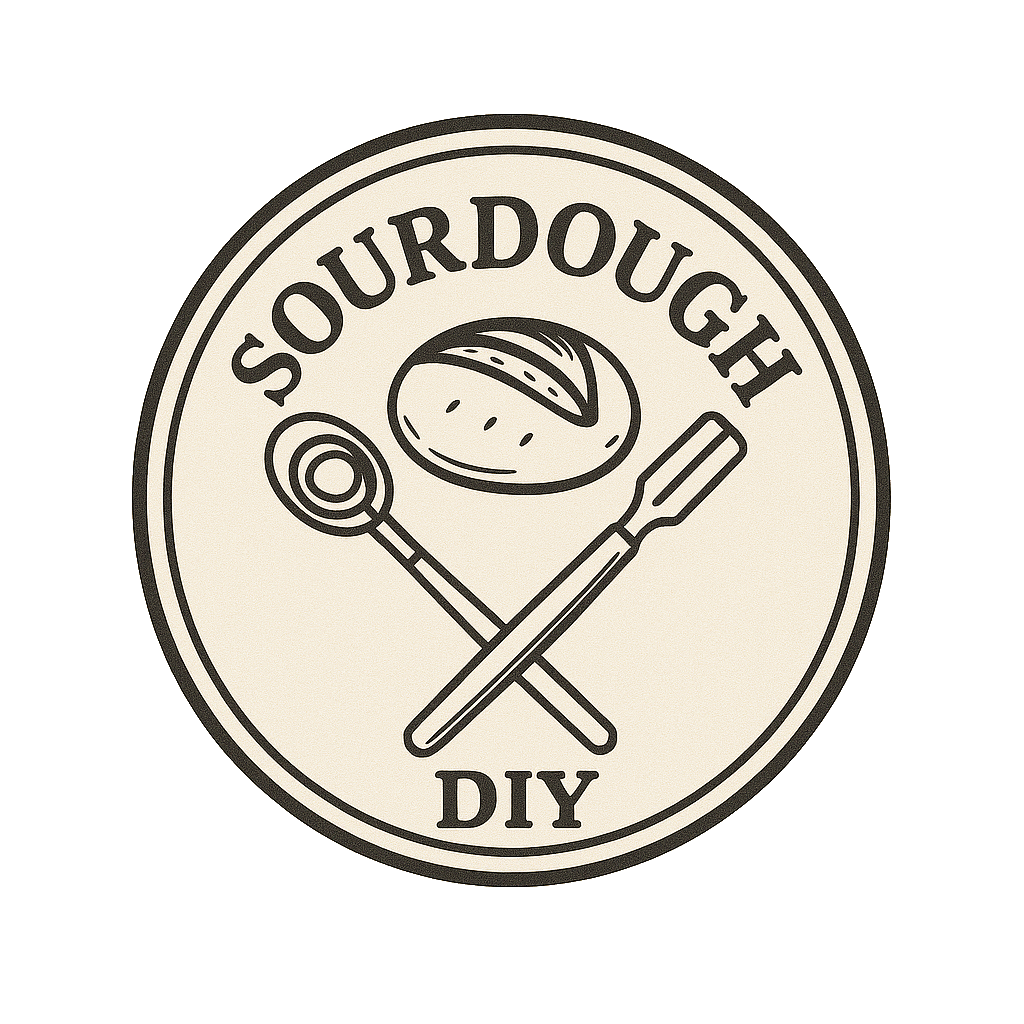
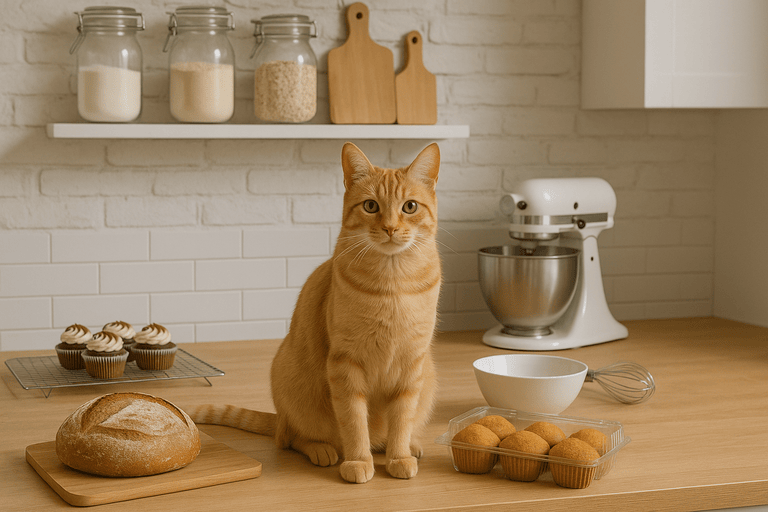
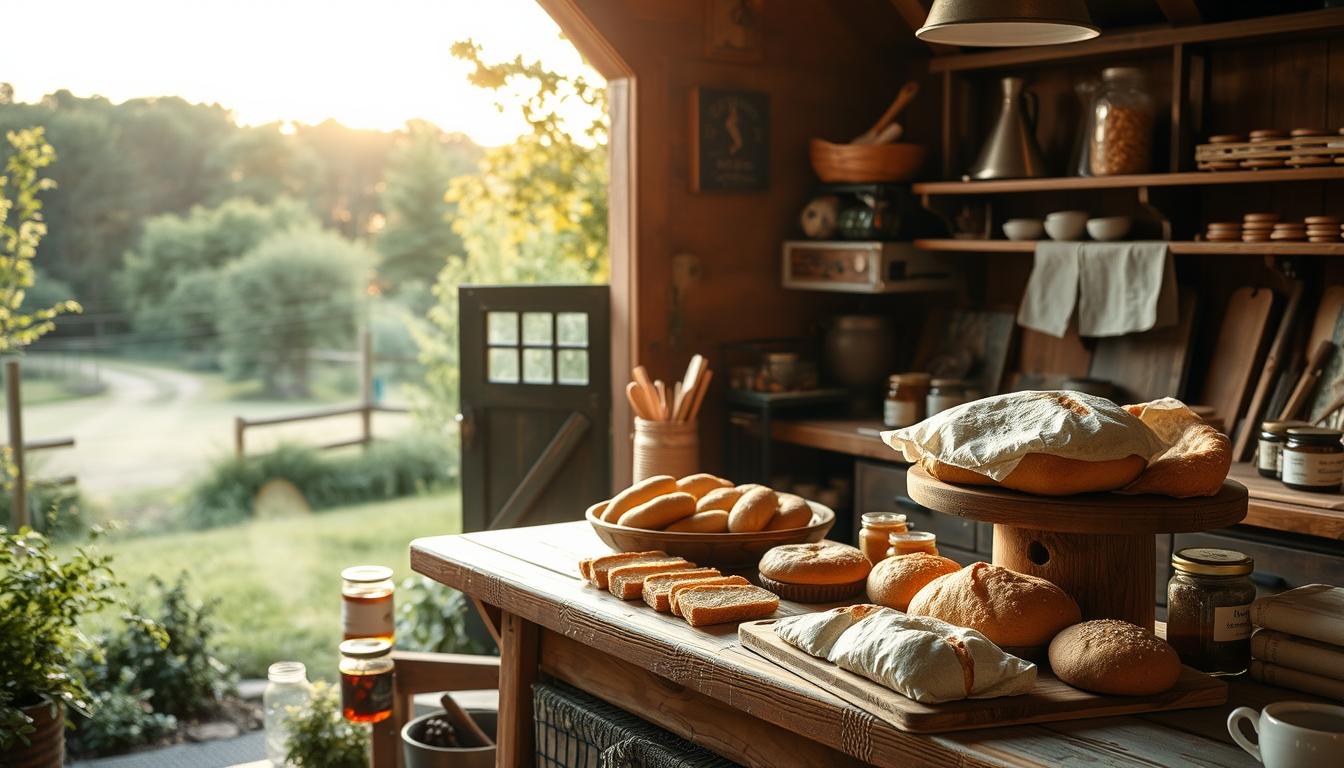
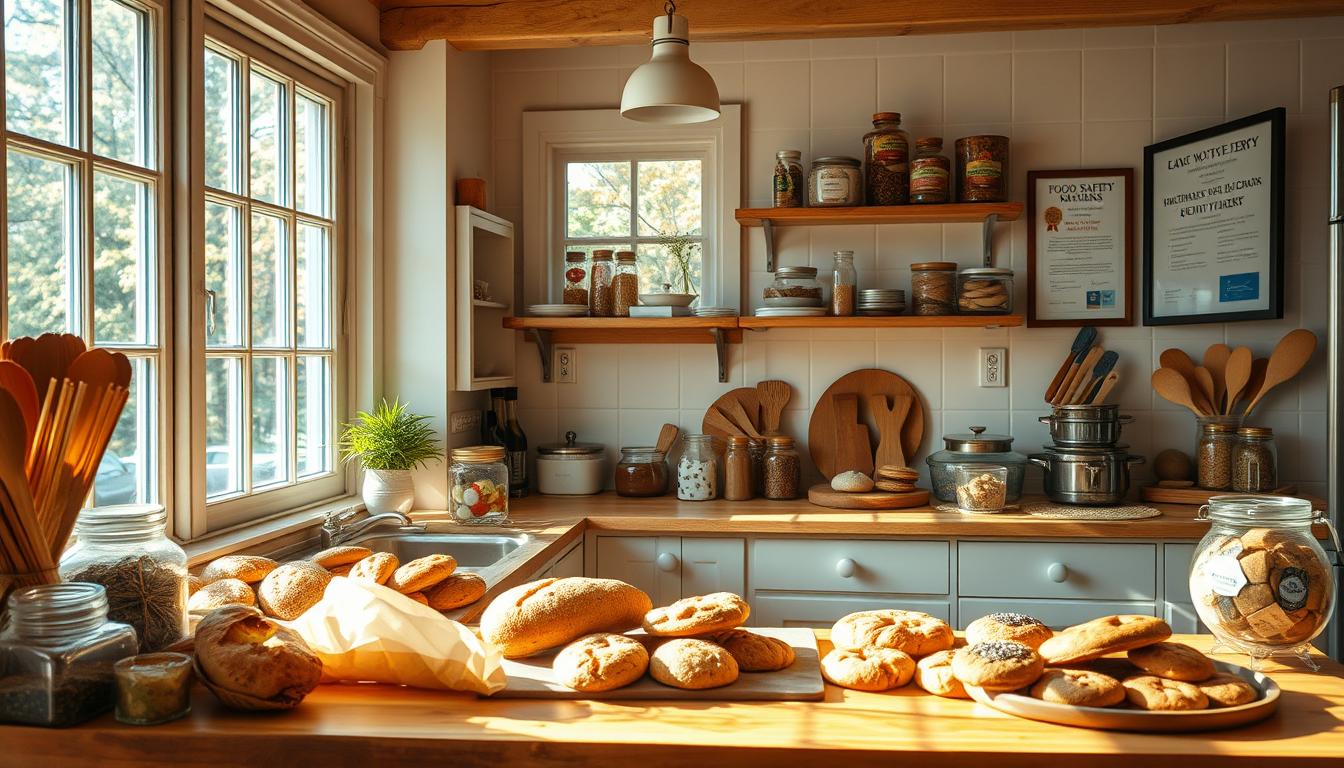
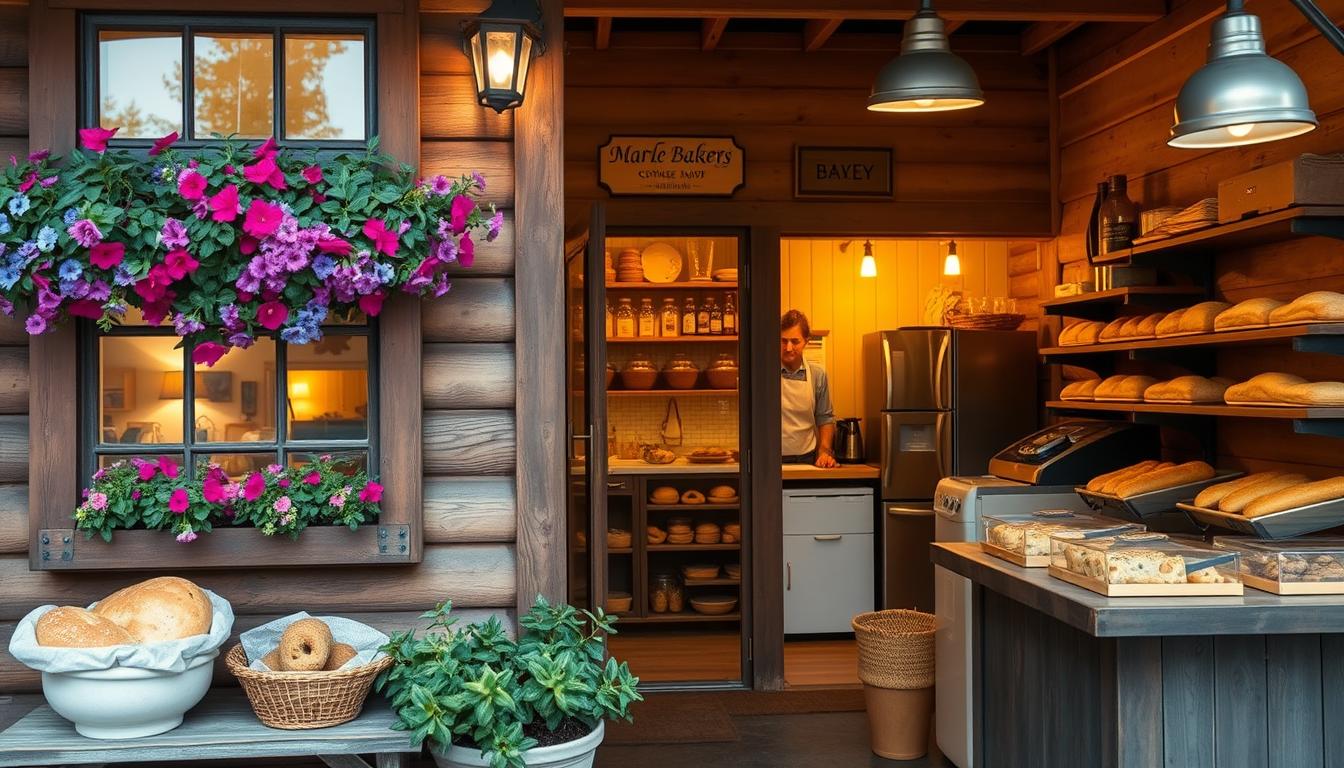
Leave a Reply